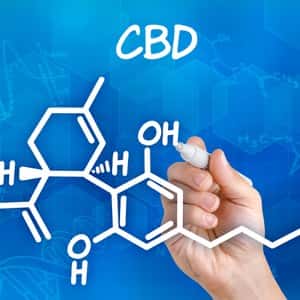
More than half of the states in the US now have some provision for the medical use of marijuana. In addition, 18 states have specific legislation about cannabidiol oil (CBD oil). In most cases, these authorize doctors to recommend its use for treating people (especially children) with refractory epilepsy. What should you know about CBD oil?
Is CBD Oil a Drug?
Q. Is cannabidiol oil considered a drug? You’ve written that it can relieve pain. Will it show up on a drug test?
A. Cannabidiol (CBD) is derived from Cannabis sativa (marijuana). Unlike THC, which makes people high, CBD does not have this effect. Some data suggest that CBD could be helpful for pain relief (Palmieri, Laurino & Vadala, Israeli Medical Association Journal, Feb. 2017) or hard-to-treat seizures (Koo & Kang, Journal of Epilepsy Research, June 30, 2017).
Urine Tests for Marijuana:
Drug tests for marijuana use identify THC and its metabolites in the urine. This provides a generally accepted marker that a person has consumed cannabis.
Theoretically, a pure CBD oil used medicinally would not lead to a positive drug test. But that depends entirely on how carefully the supplier works to remove the THC. One study of a urine test for CBD found that 14 out of 15 patients using CBD products also tested positive for a THC metabolite (Wertlake & Henson, Journal of Pain Research, online Feb. 12, 2016).

